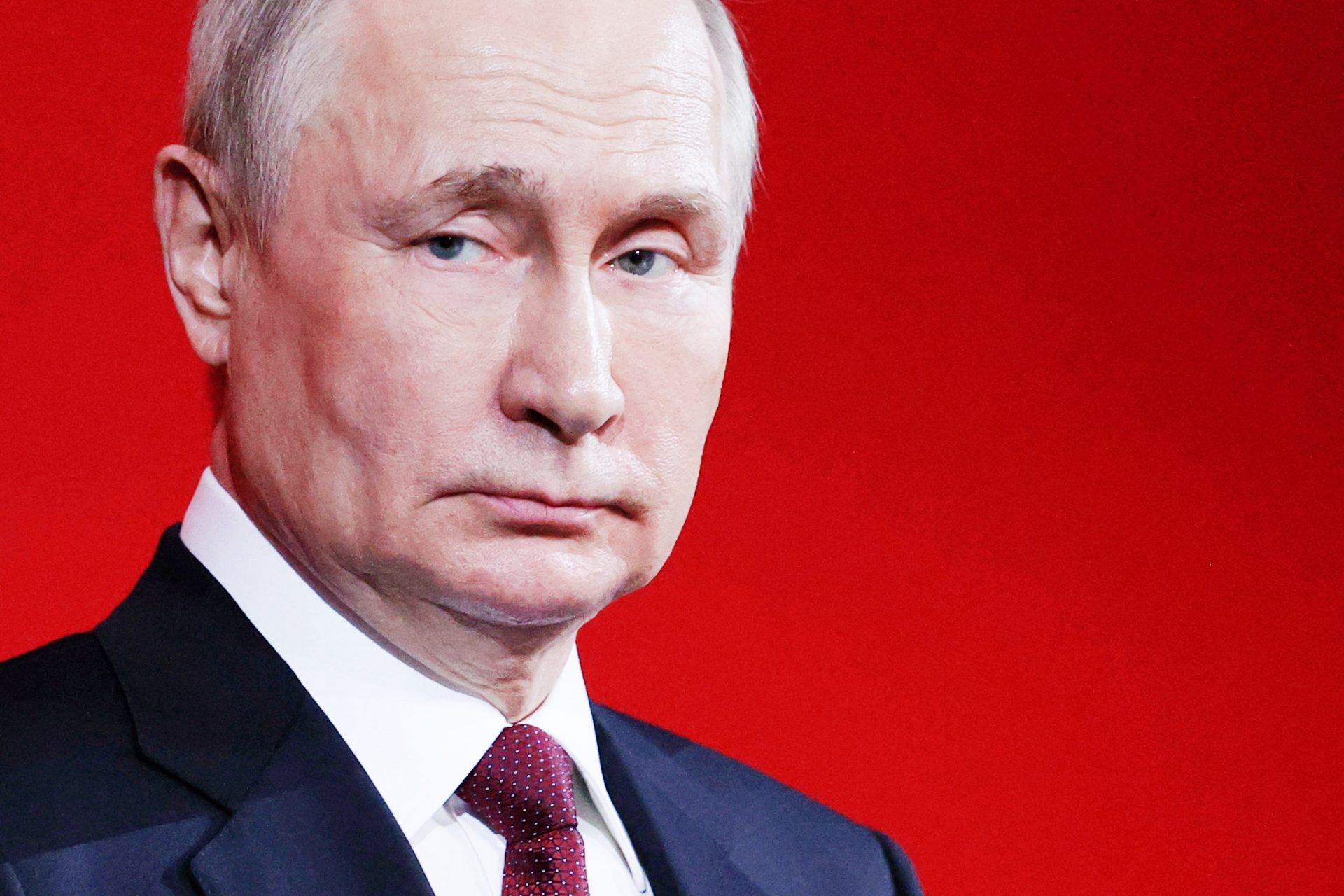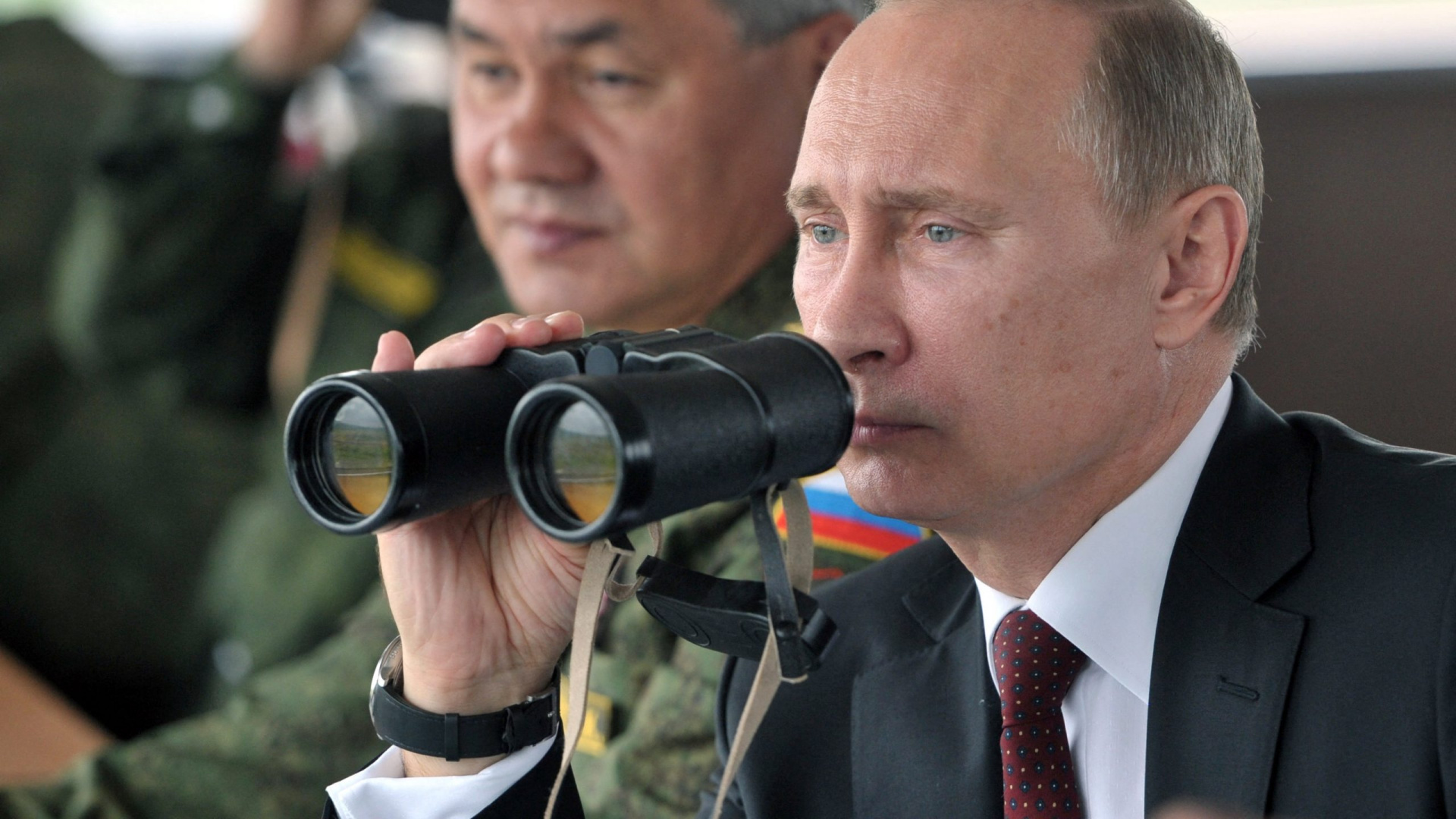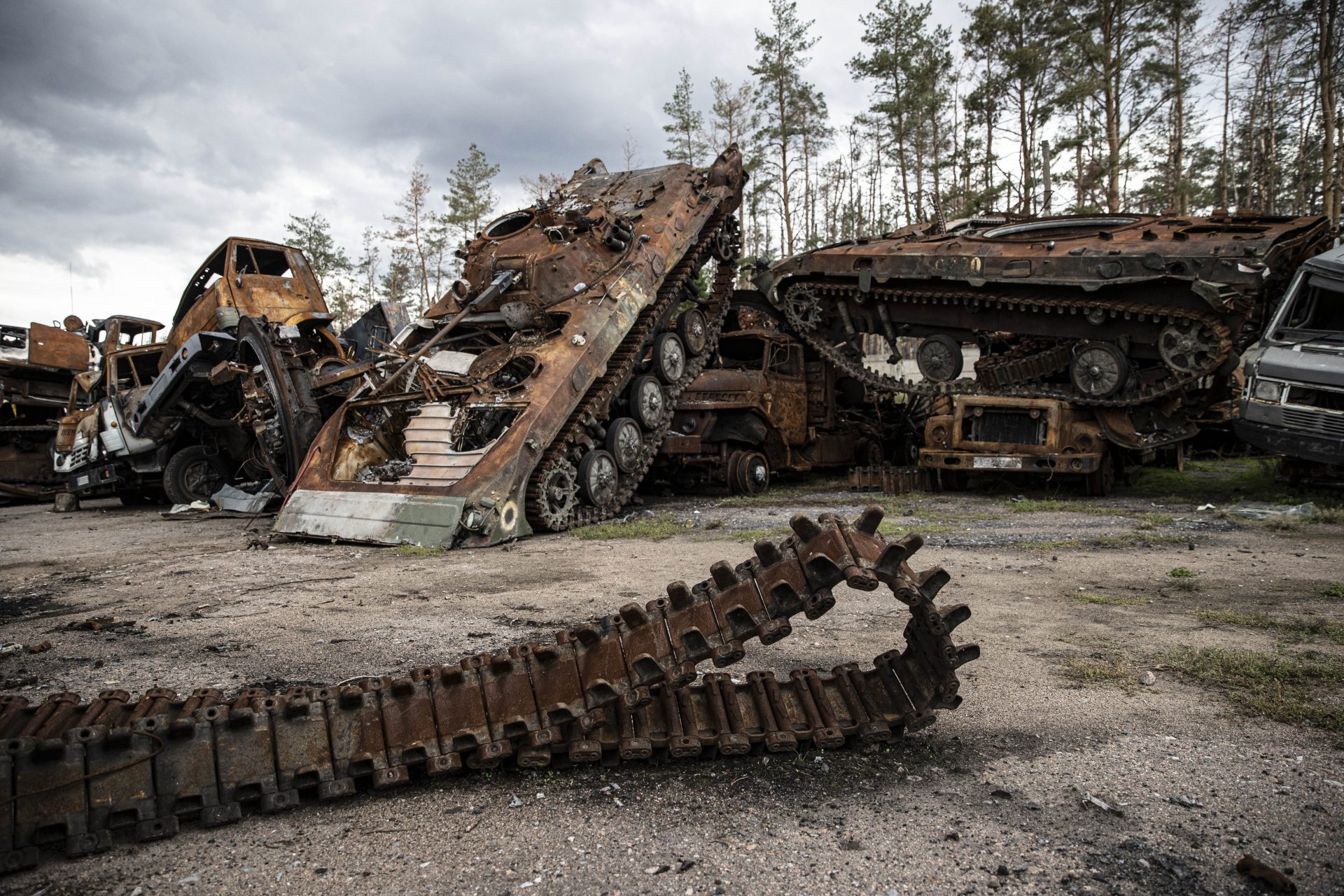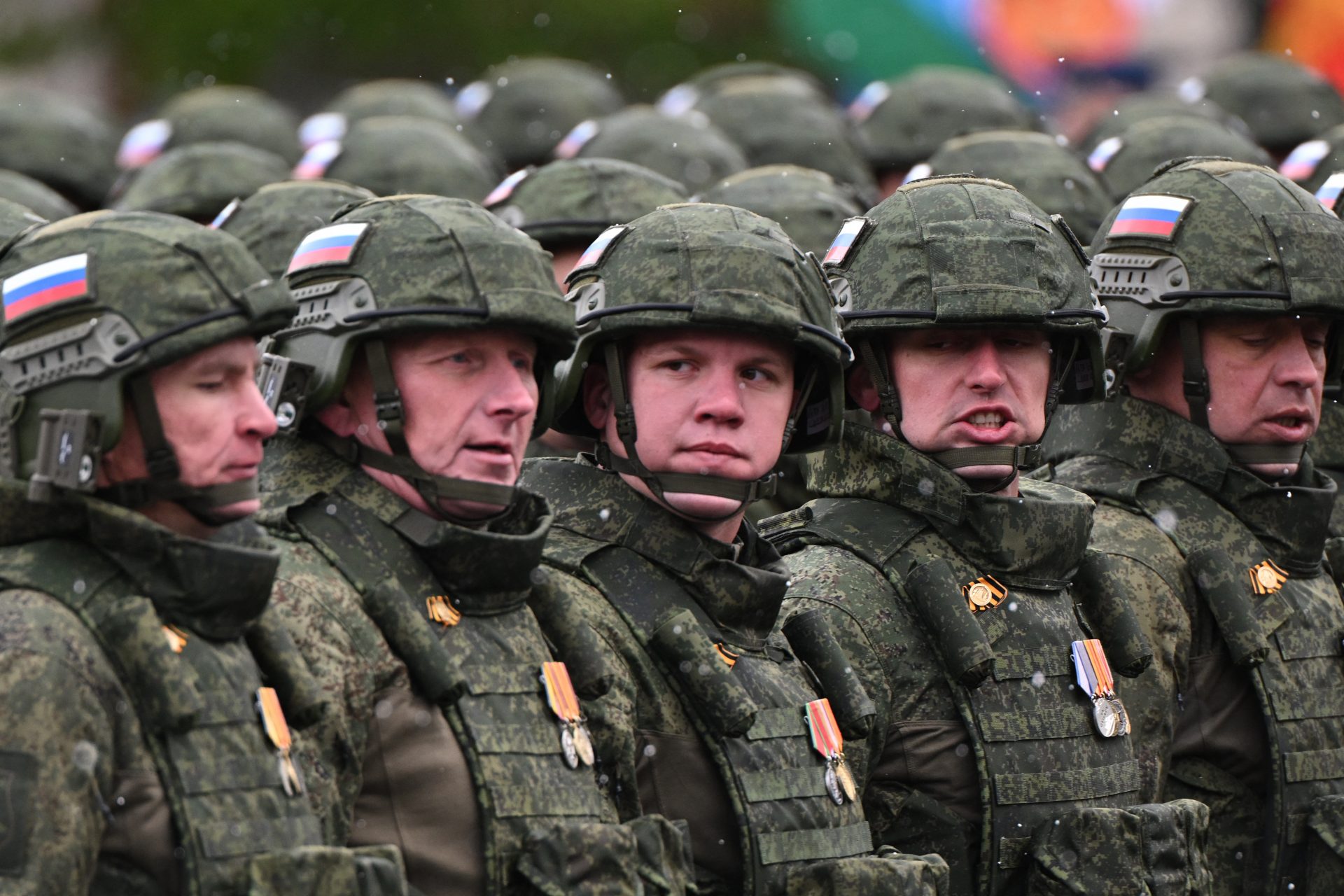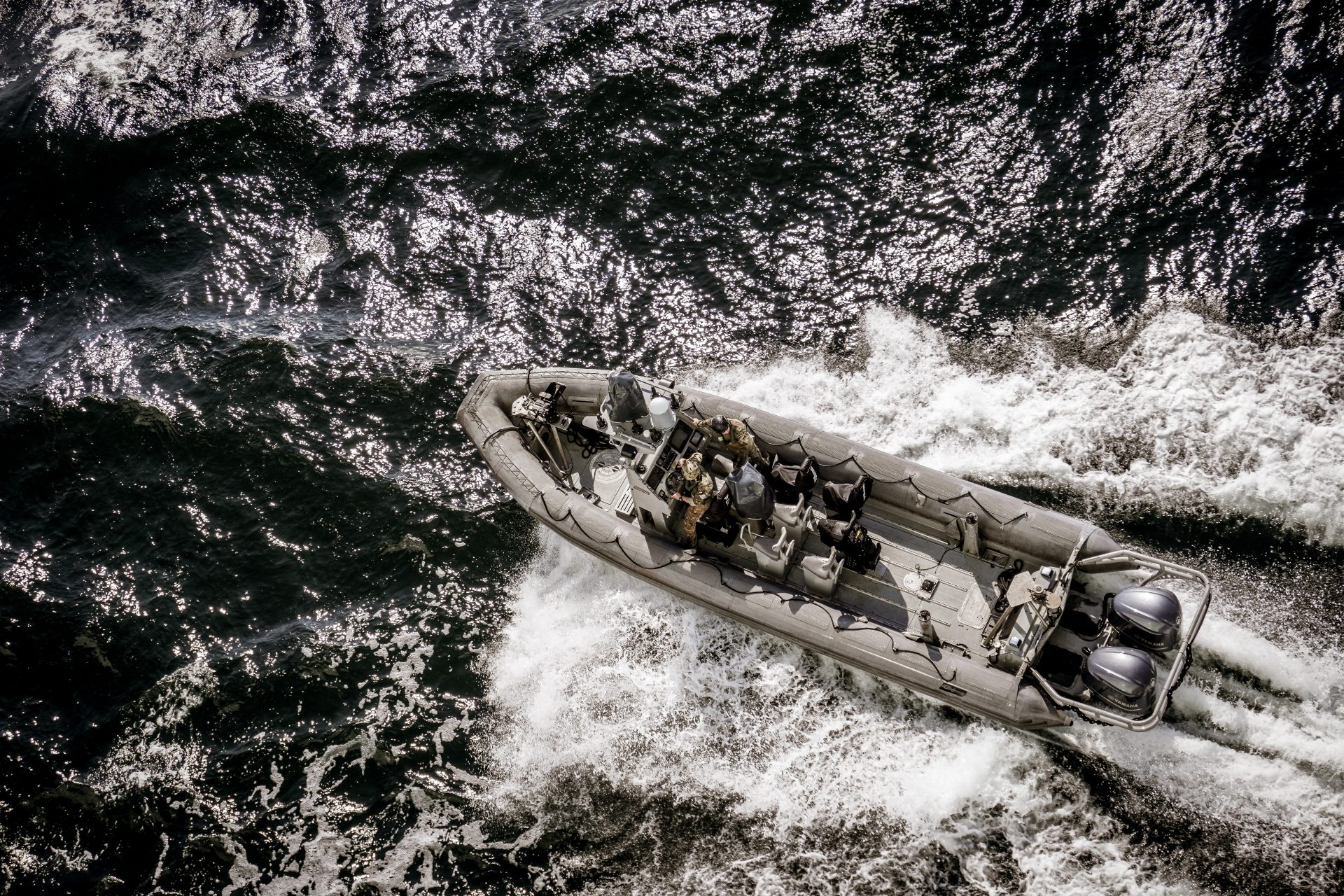Expert warns Russia won’t hold Bakhmut after the winter thaw
Russian forces will not be able to hold Bakhmut after the winter thaw even if they take the critical Ukranian city according to a former Federal Security Service (FSB) Officer.
Igor Girkin—more commonly known by his pseudonym Igor Strelkov and for the role he played in the downing of Malaysian Airlines Flight 17 on July 2014—commented on Telegram about what he believes will be Russia’s inability to hold Bakhmut come spring.
“Some bloggers are already drawing ‘arrows’ of blows that will be delivered after taking Bakhmut,” Gherkin wrote. “However, I do not share such optimistic forecasts at all.”
“By the time the ‘Wagner’ ‘torments’ the town after more than 2 months of assault, it will have to ‘take a breath’ for a long time,” the former security officer added, “even if it is simply replaced by army units at the front.”
Girkin went on to write that Ukraine’s Commander-in-Chief was once again exchanging territory in return for time in order to plan his perfect counterattack.
This attack would come after the spring thaw Girkin cautioned, and told his audience that Russian war planners should “prepare to repel” the coming strike instead of exterminating the remnants of its “assault infantry near Chasov Yar, Avdeeva and in the Mariinka.”
Girkin’s warning came just days before President Vladimir Zelensky promised the Ukranian people that he and his commanders would not abandon Bakhmut to its fate.
“Today at the Staff meeting, I directly asked both Khortytsia commander, General Syrskyi, and Commander-in-Chief Zaluzhny about their view of the further defense operation in the Bakhmut sector,” Zelensky said in his March 6th nightly address
Zelensky asked his generals if Ukranie’s forces should withdraw or continue reinforcing and defending the city, and both generals replied: “do not withdraw and reinforce.”
Ukraine’s General Staff also backed up General Syrskyi and Zaluzhny’s decision, and Zelensky noted that there “were no other opinions.”
“There is no part of Ukraine about which one can say that it can be abandoned," Zelensky added, before going on to insinuate that Bakhmut would be defended.
The city of Bakhmut has become the focus of Russian and Wagner Group forces in the last few months and a series of unfortunate victories from Yevgeny Prigozhin’s mercenaries have left the settlement surrounded on at least three fronts.
Victories in Bakhmut have come at a cost, however. Russia is sending waves of mercenaries to their deaths in order to capture the city according to The Washington Post.
“Russia’s assault on Bakhmut, now in its eighth month, has been led by Wagner, which has used the prison recruits as cannon fodder, sent in waves to weaken the Ukrainians’ resistance, or to expose their positions,” wrote journalists from The Washington Post.
“Wagner’s more battle-hardened and professional troops, many with years of experience fighting in Syria or Africa, then move in to secure territory. Even so, Russian advances have been extremely slow,” the journalists added.
This tactic of sending in cannon fodder to soak up bullets and reveal Ukrainian weak spots has worked well so far, but as Girkin noted on Telegram, it can’t be sustained.
Researchers from the Institute for the Study of War have come to believe that Russia's forces have reached the culmination of their offensive, and have set the stage for what could be a very important Ukranian counter-offensive in the area.
“The likely imminent culmination of the Russian offensive around Bakhmut before or after its fall," researchers from the Institute for the Study of War wrote.
"...the already culminated Russian offensive around Vuhledar, and the stalling Russian offensive in Luhansk Oblast are likely setting robust conditions for a future Ukrainian counteroffensive,” the researchers added.
The Washington Post spoke with Dmytro Vatagin—a 48-year-old Ukrainian soldier stationed in a town close to Bakhmut—about the fighting on the ground in Bakhmut.
“Wagner and the mobilized are being just thrown like meat”, Vatagin told The Washington Post, a situation Russia surely can’t continue forever and could lead to a counter-offensive as successful as Ukraine’s strike against Kharkiv in September 2022.
More for you
Top Stories

























